The milkman cometh
My dad was a blue-collar good guy, a bit rough and gruff, but that’s how he’d grown up, up north. He was Richard LaFleur, so he and my mom Maggie renamed me Richard (I’d been Raymond Franklin Veilleux until they adopted me in 1945 as a war-baby infant, maybe illegit).
Dad fought in World War II, an aviation metalsmith on the aircraft carrier USS Ticonderoga (CV-14), where his Navy buds dubbed him “Frenchie.” You get called lots of things when your family name means “the flower,” but “Frenchie” is the moniker that stuck.
He was a reforming alcoholic. During his Reformation, when we’d walk home from Oakdale Presbyterian Church, a few blocks from our house in Norfolk Virginia, we’d stop at a tavern along the way. We sat at the bar, he’d drink a beer and ask me not to tell mom, and I didn’t.
After dad left the Navy, he got a civil service job at the Norfolk Naval Air Station. When he’d accumulated 25 years or so with the USN and civil service, he retired, in his late 40s and weary of climbing onto airplane hulls. I was in high school, due to graduate in 1963.
Always a hard worker, my father knew he needed at least part-time employment to help pay the bills and save up to send his one kid off to college in a couple years.
He tried several different jobs, among them selling FilterQueen “Cyclonic” vacuum cleaners door-to-door. Lugging the heavy case, with the canister and its zillion attachments, was easy enough: he was strong, by nature and from all the heavy lifting as a metalsmith.
But communication skills were not his forte, so he was not much good at charming housewives into buying pricey machines for cleaning their floors, no matter how state-of-the-art the contraptions might be.
For a while he tried buying used cars at auction, fixing them up in our garage, and re-selling them to folks who’d come by the house. He was better at that mechanical work, and years later, up until he got sick and passed, he switched to repairing lawn mowers, tillers, and such.
But earlier, he’d been a milkman. More than half of American households had milk deliveries in the 1950s and 60s. The milkman brought pasteurized white or chocolate milk, buttermilk, and products like butter and cheese.
You’d get an insulated galvanized box for your porch, where the milkman would collect your empties and payment and leave your order, early enough to bring in for breakfast.
Home delivery in the U.S. dates back to the 1700s, when the milkman in a horse-drawn carriage carried barrels of milk to pour into your own container. In the late 19th century glass bottles and motorized trucks made things simpler. We had deliveries to our house when I was a kid, and my wife Alice’s parents even paid her milkman bill when she was in college, to help ensure she ate healthy.
After peaking in the 1950s and ‘60s, the practice began a steady decline due to the lower prices and increased convenience of shopping in grocery stores. Recently there’s been what a New York Times article termed “a milkman renaissance.” COVID saw an increase in delivery of milk and other foods. And the farm-to-table movement is furthering interest.
My dad delivered for Birtcherd Dairy in the early ‘60s. He’d be up around 2 a.m., grab some coffee, then drive downtown to the dairy’s headquarters, where he’d load his refrigerated truck with the day’s orders.
One morning he fell and cut his arm badly on some broken bottles. When he was able to drive again but couldn’t lift the heavy crates of bottles onto his truck or carry orders up to customers’ houses, Frenchie and his boss hit on an idea. The dairy would hire me as his assistant, to load the truck, ride with him, and tote orders to the milk boxes.
It was summertime, so school was out. I was maybe 14 and happy to earn cash for movies, comics, and rock-and-roll records. But what a job: up in the middle of the night, loading the truck, making deliveries in the dark – and listening to those hundreds of bottles (this was before paper and plastic cartons) rattling endlessly as we made our rounds. I did this for some weeks and long afterward I’d hear those clinking bottles in my dreams.
It was fun actually. I got to spend time with dad, help him out, and enjoy our meal breaks at some soda fountain along his route. He introduced me to liverwurst on rye, with Swiss cheese, onion, and spicy mustard – yum!
I wish we’d had more times bonding, like those milkman days, but soon I was off to college, married, having my own kids – and thinking we needed to get together more. I occasionally hear in my head that haunting 1974 Harry Chapin tune, “Cat’s in the Cradle,” a reminder to all us sons, dads, grands: “When you coming home, dad?” “I don’t know when,” but we’ll get together then, you know we’ll have a good time then.”
Rick LaFleur, who was “12 or so” in the 1950s, is retired from four decades of teaching Classics at the University of Georgia. His latest books, both on Amazon, are “The Secret Lives of Words,” a collection of his widely distributed newspaper columns, and “Ubi Fera Sunt,” a lively translation into classical Latin of Maurice Sendak’s children’s classic, “Where The Wild Things Are.” He and wife Alice live part-time in Apalachicola, under the careful watch of their bobtail manx Augustus.

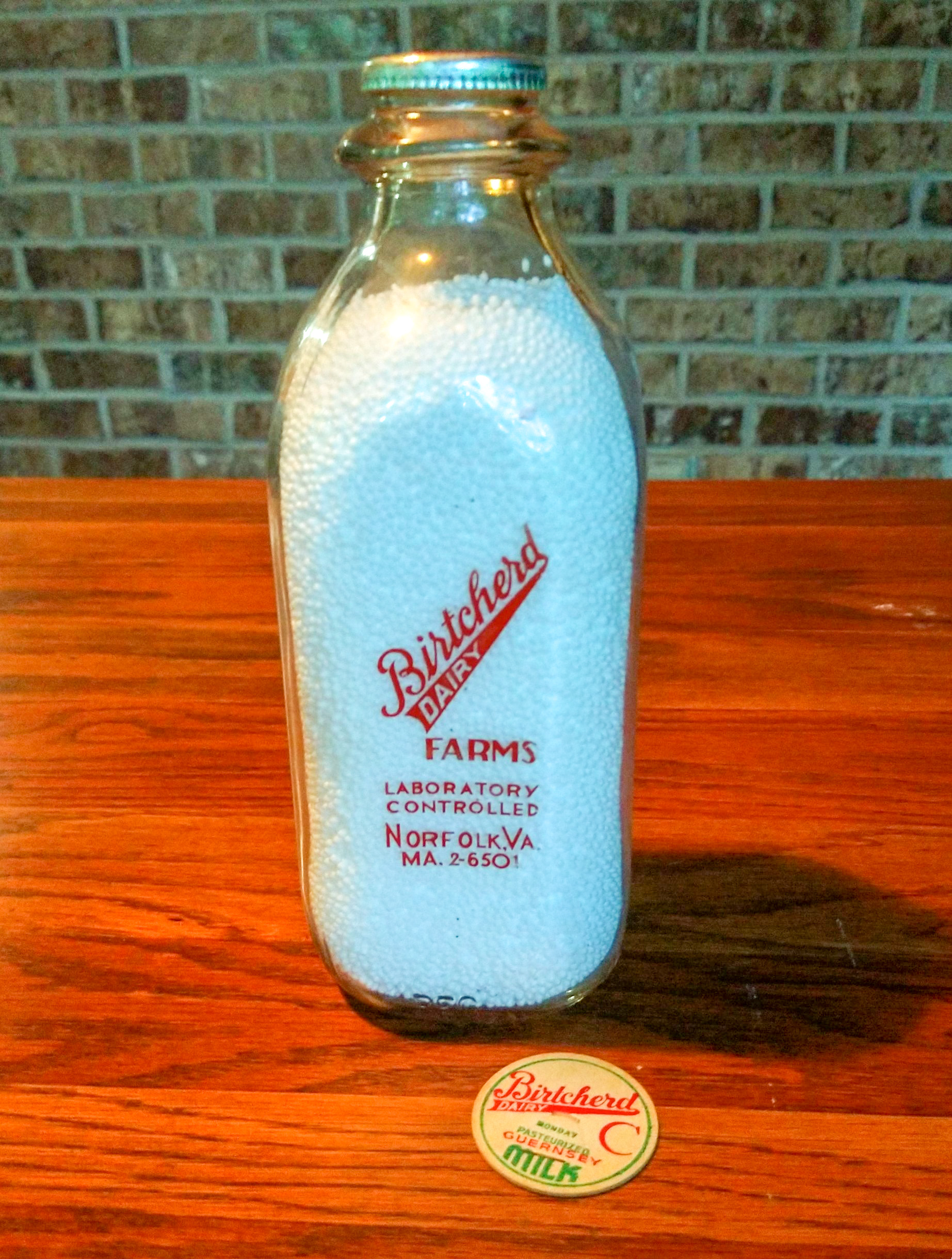
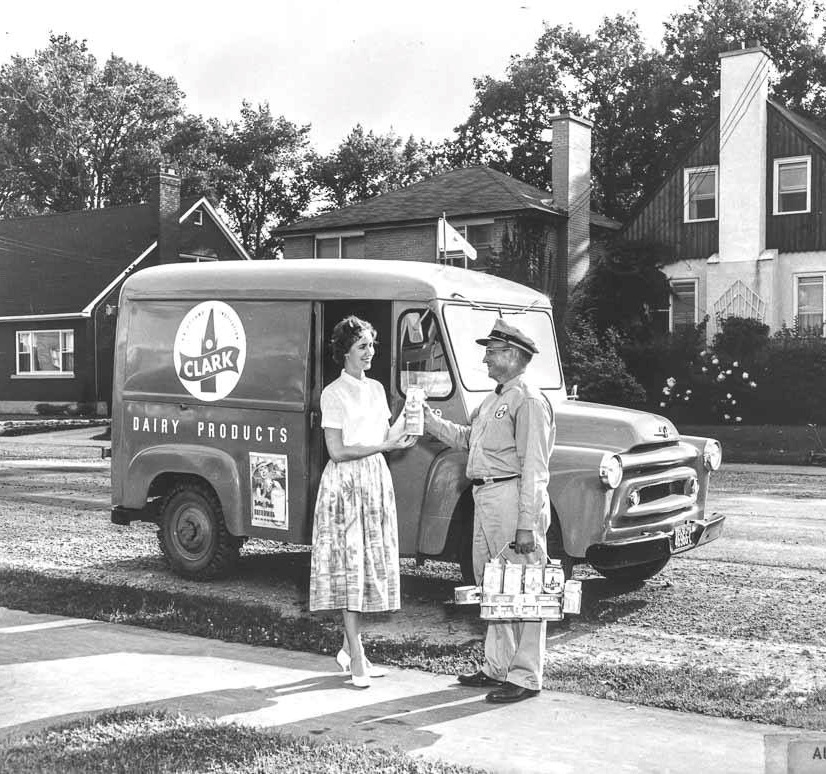

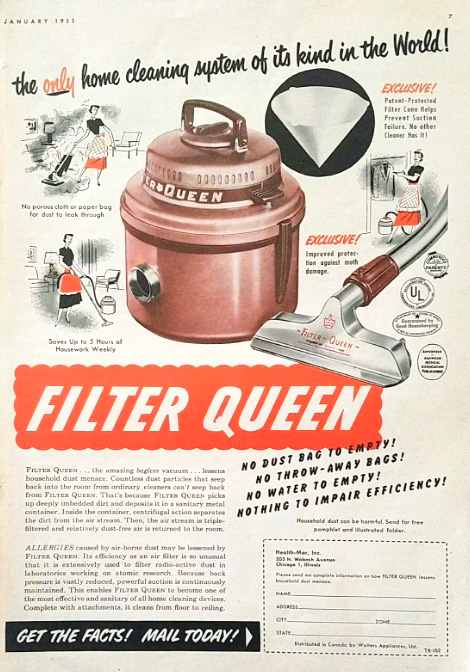
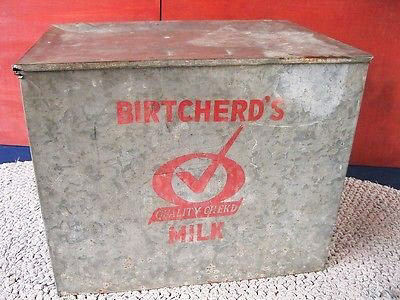
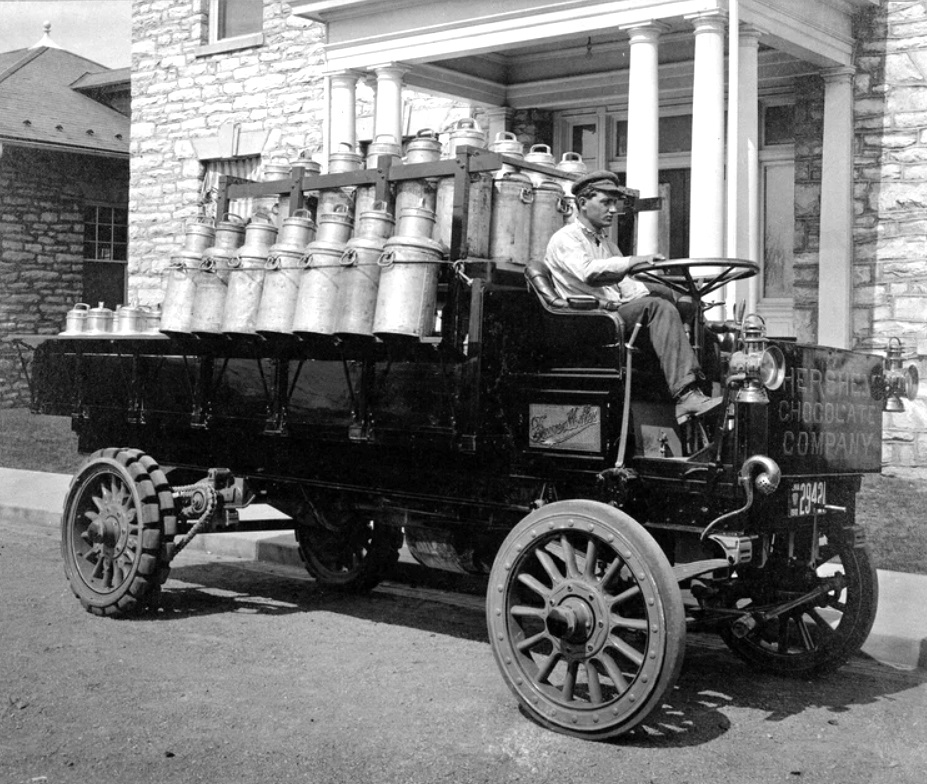
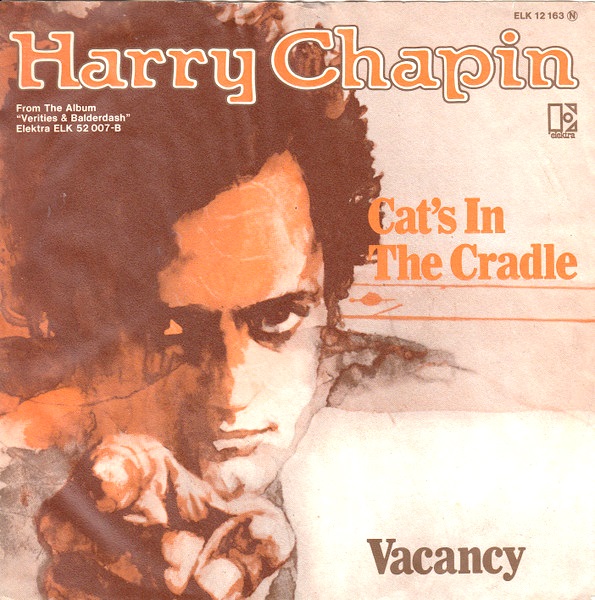

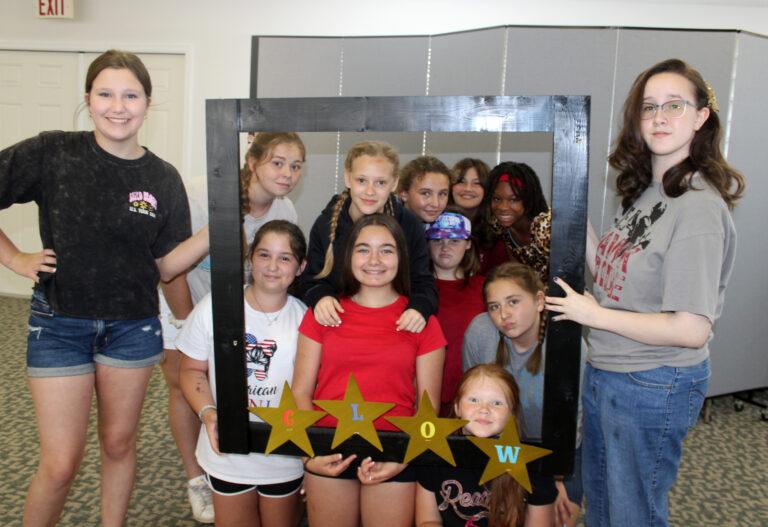


Meet the Editor
David Adlerstein, The Apalachicola Times’ digital editor, started with the news outlet in January 2002 as a reporter.
Prior to then, David Adlerstein began as a newspaperman with a small Boston weekly, after graduating magna cum laude from Brandeis University in Waltham, Massachusetts. He later edited the weekly Bellville Times, and as business reporter for the daily Marion Star, both not far from his hometown of Columbus, Ohio.
In 1995, he moved to South Florida, and worked as a business reporter and editor of Medical Business newspaper. In Jan. 2002, he began with the Apalachicola Times, first as reporter and later as editor, and in Oct. 2020, also began editing the Port St. Joe Star.